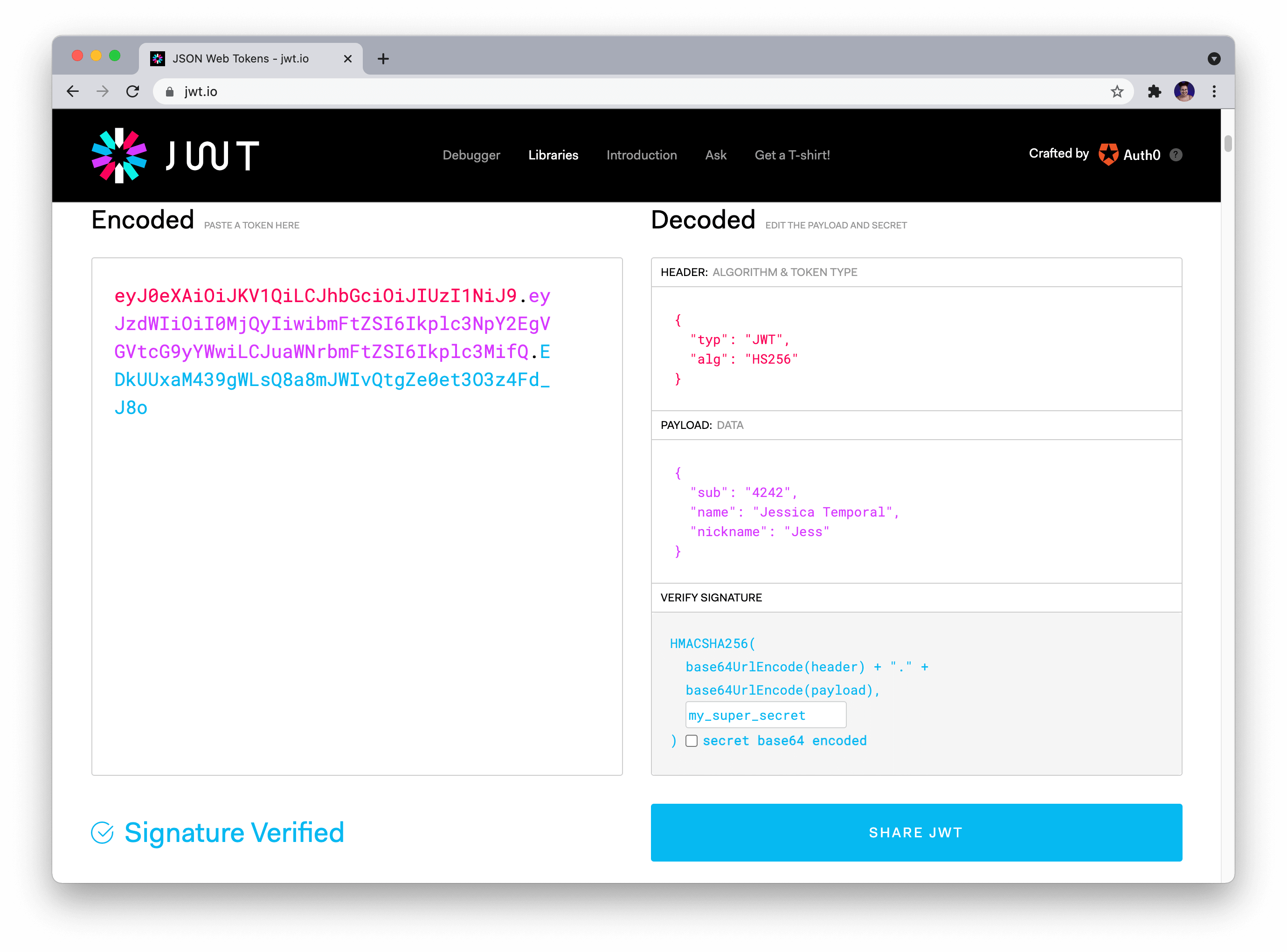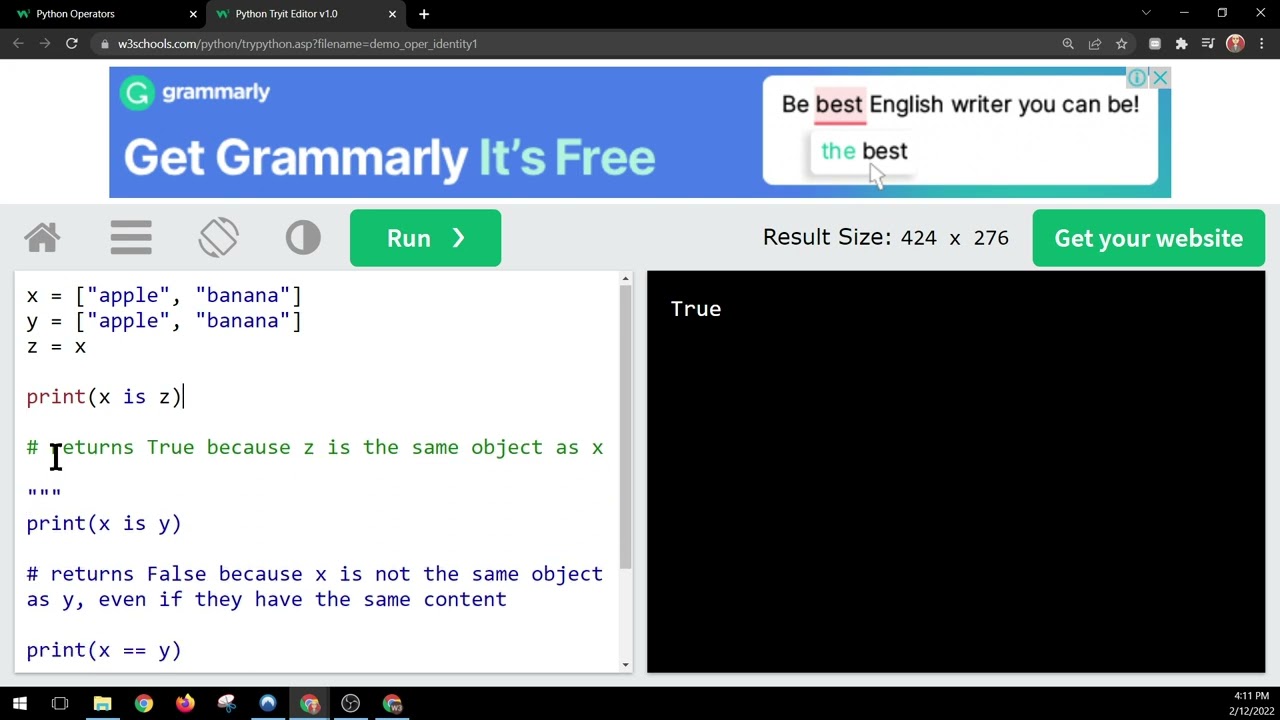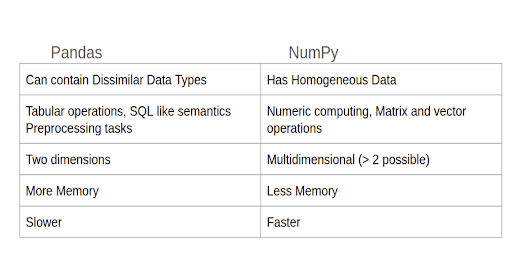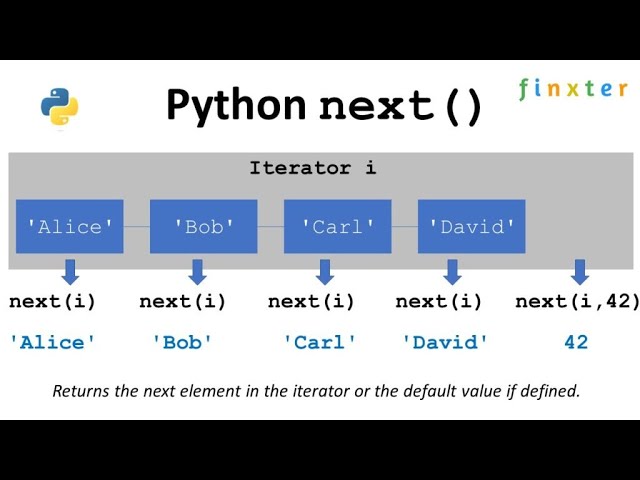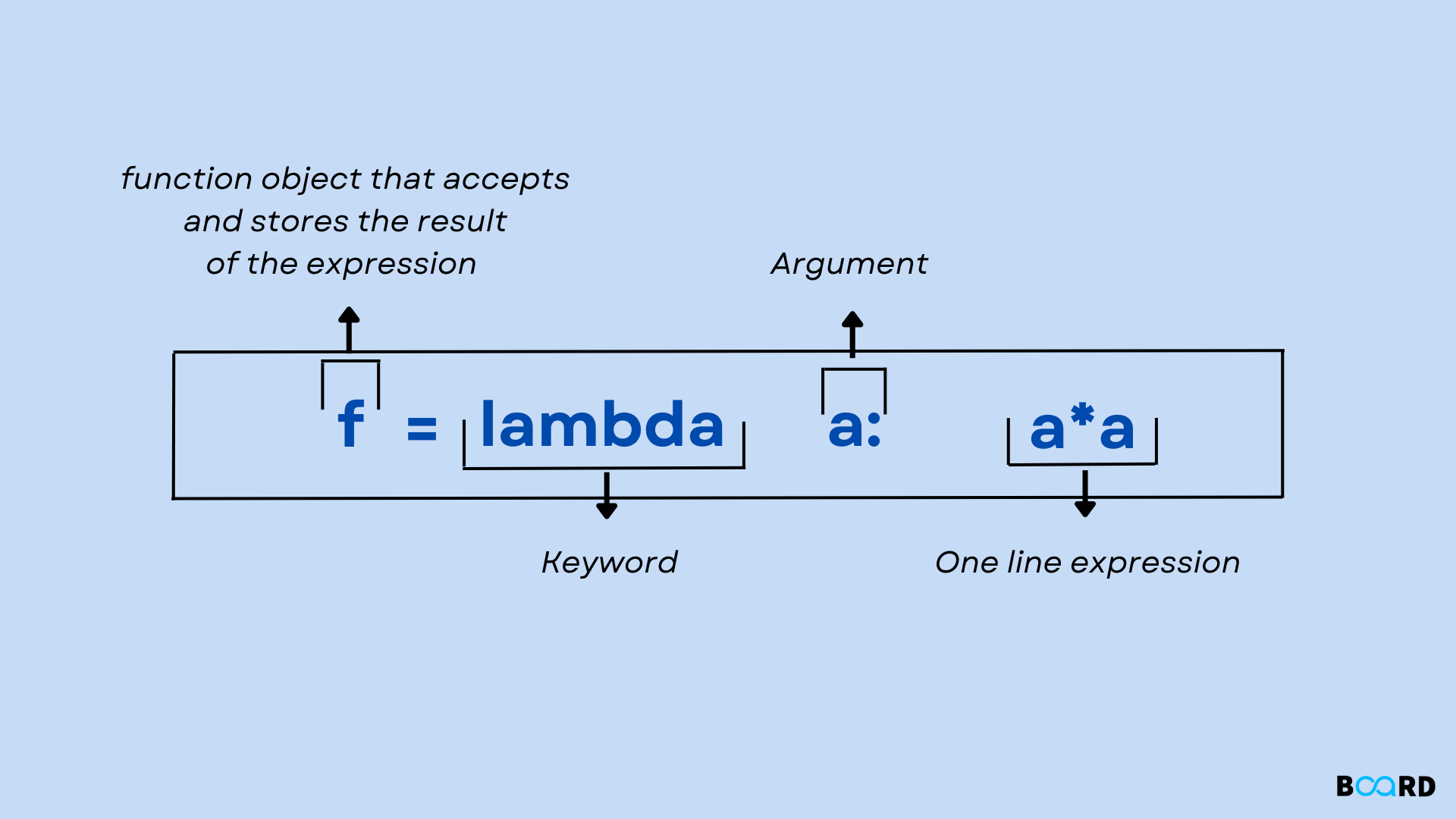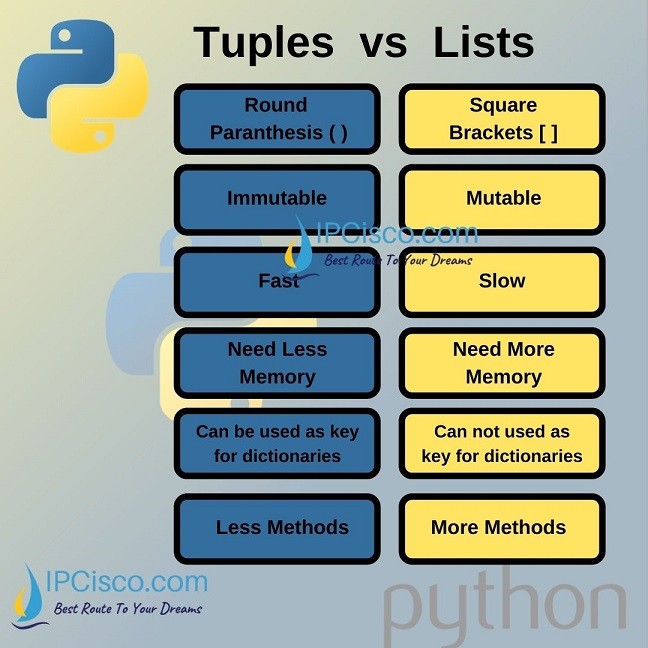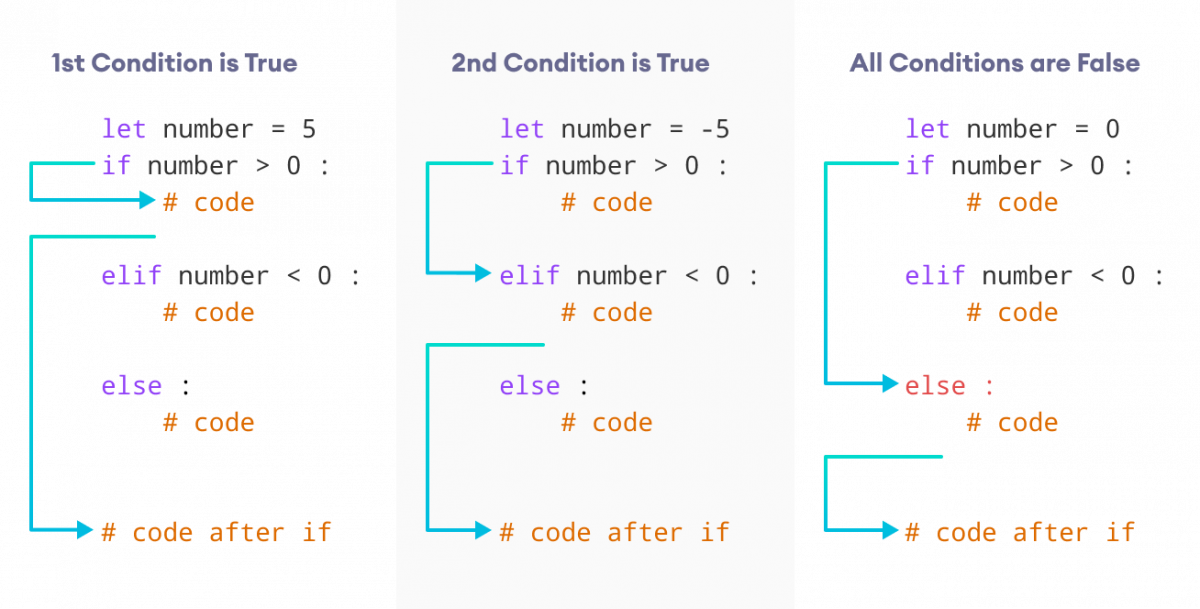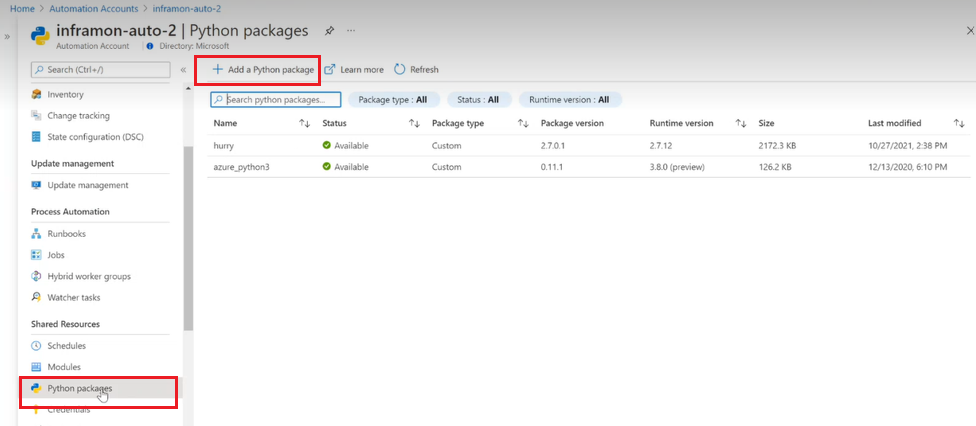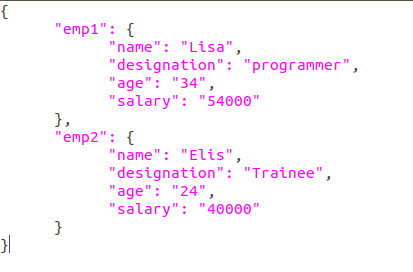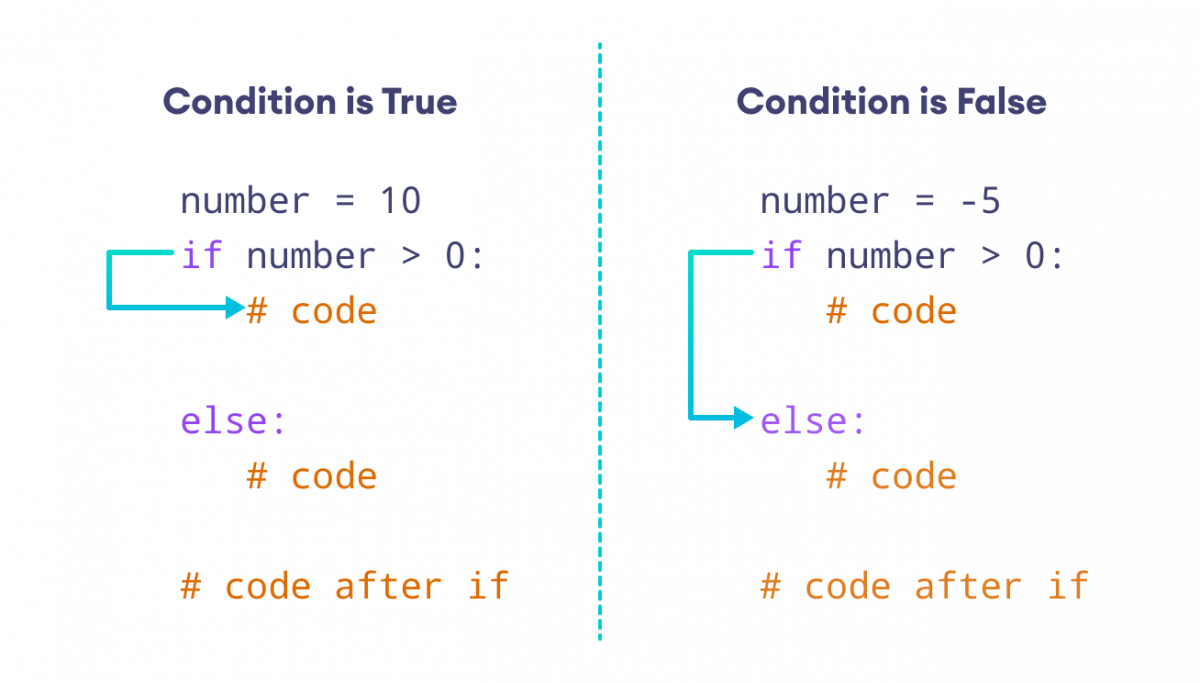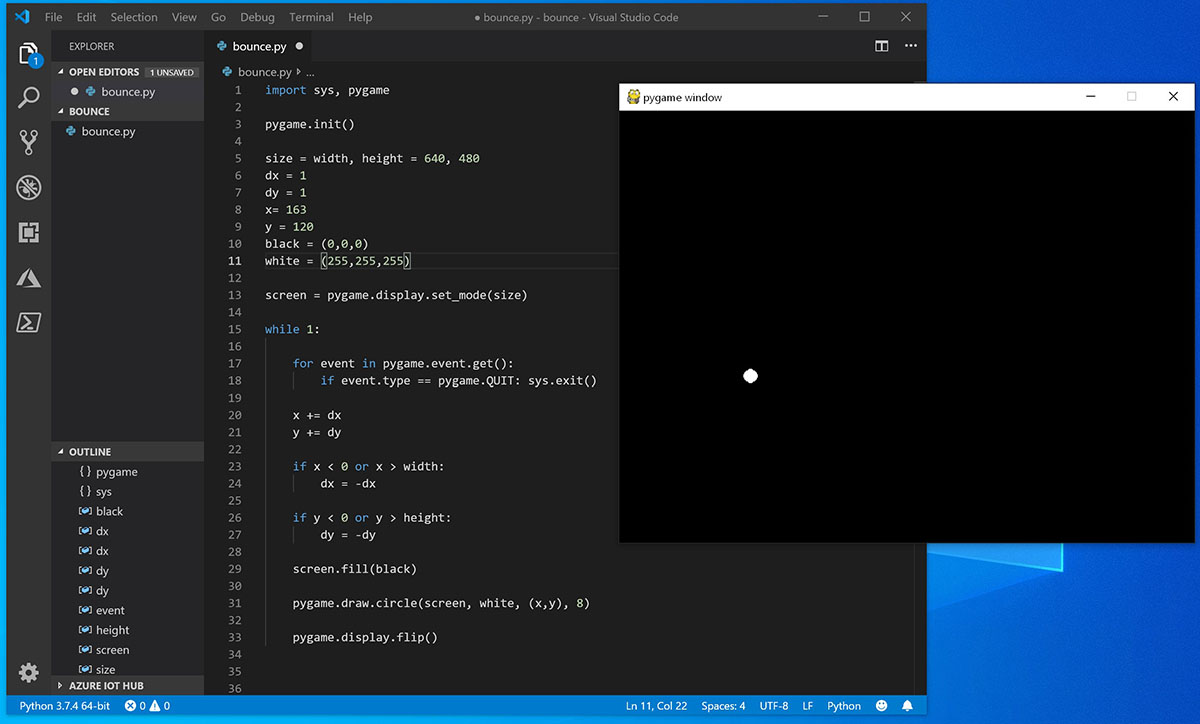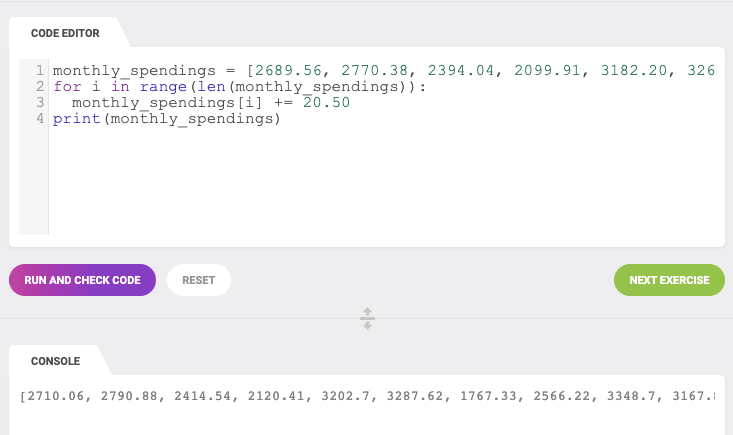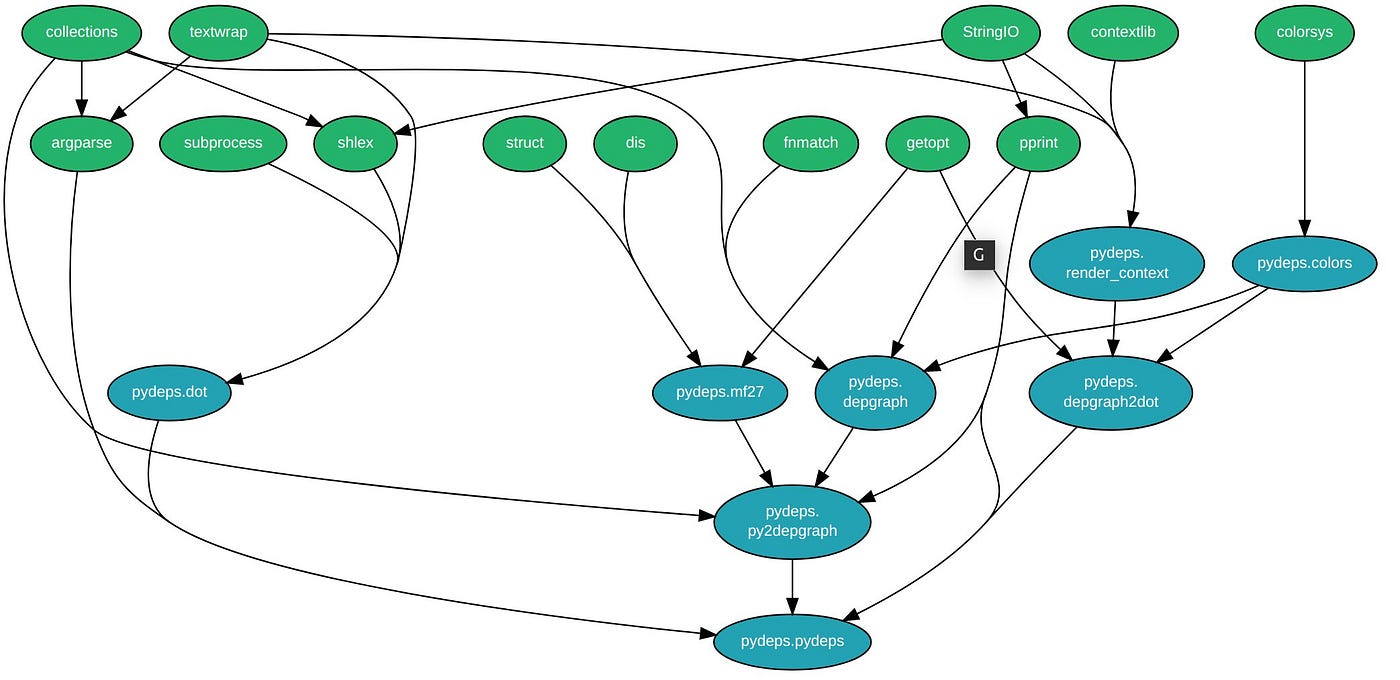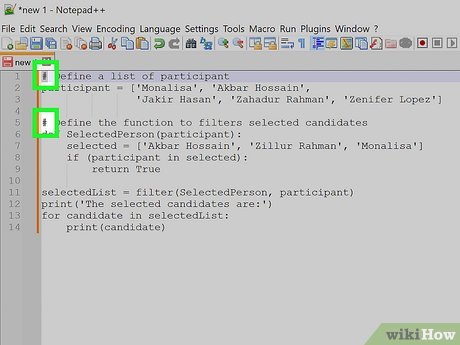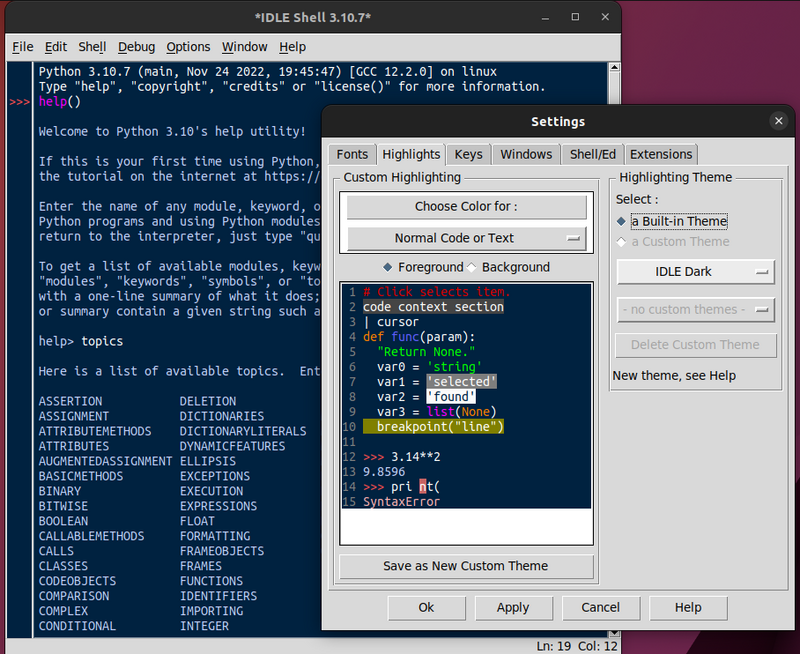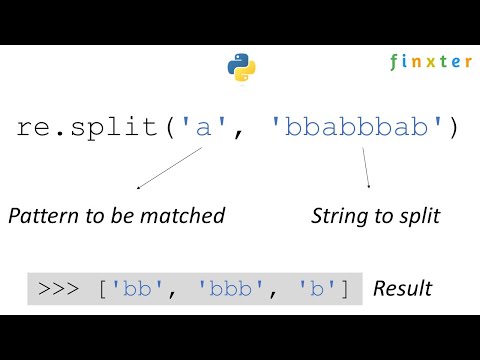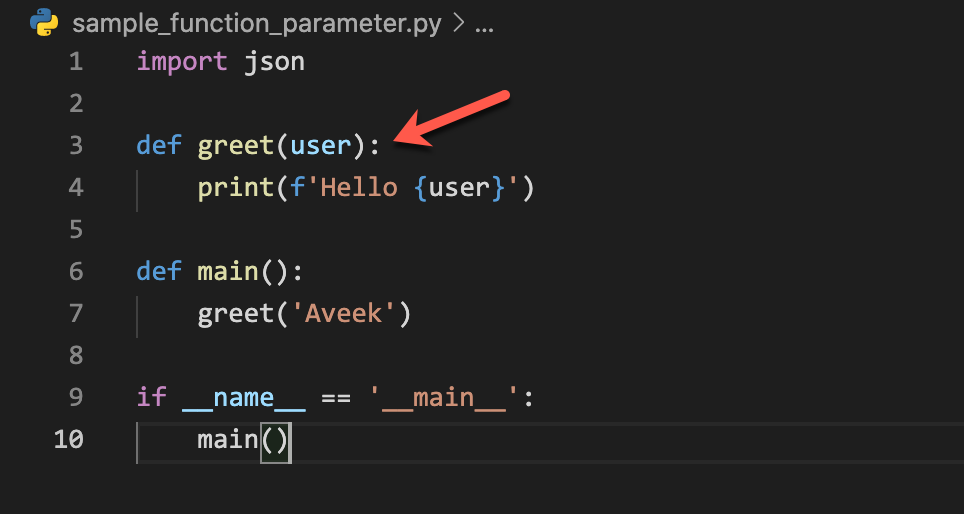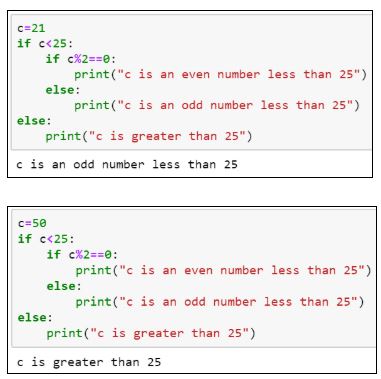python context manager example
python context manager example
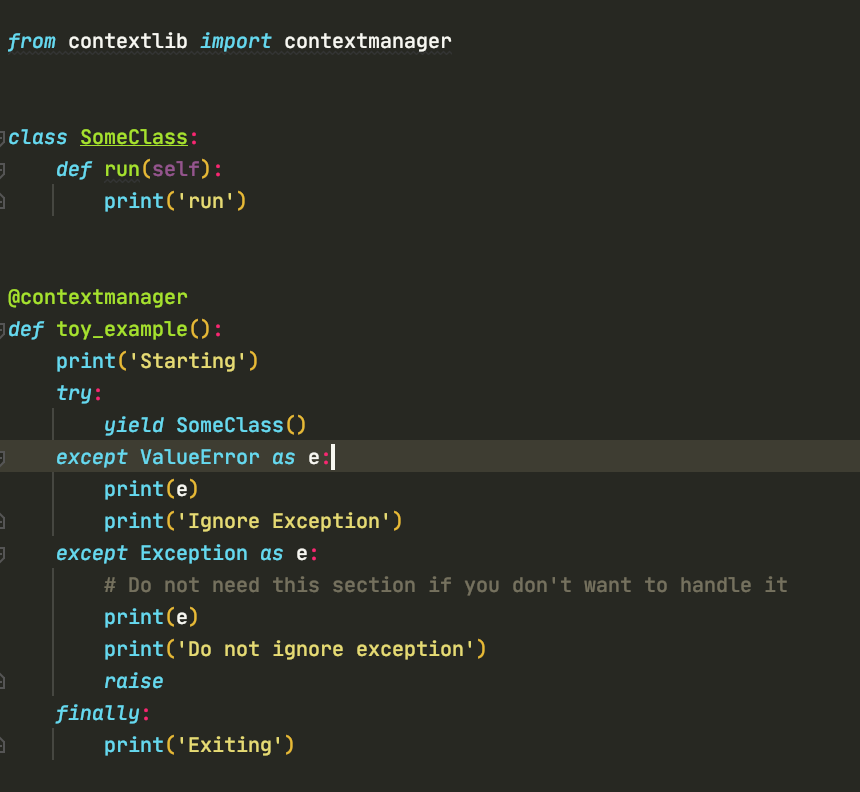
Here is an example of using a context manager in Python:
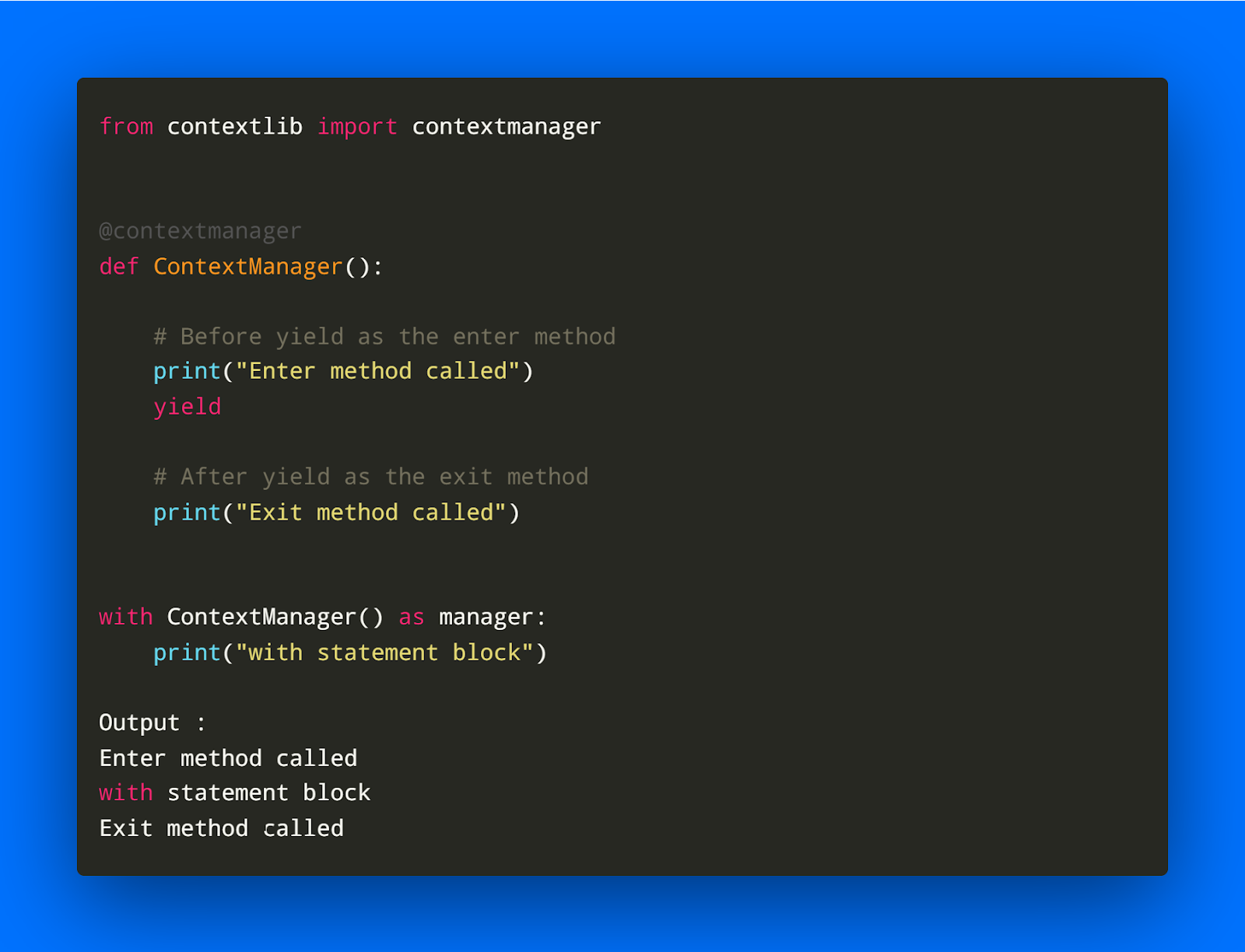
Let's say we have a file that we want to open and write some data to, but we also want to make sure that the file gets properly closed even if an error occurs.

Here is how you might do this without using a context manager:
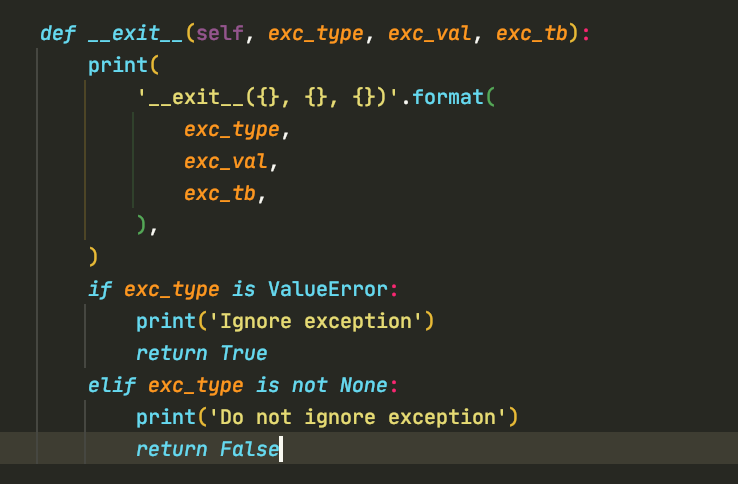
try:file = open('test.txt', 'w')
file.write('Hello World!')
except Exception as e:
print(f'An error occurred: {e}')
finally:
if 'file' in locals():
file.close()
This is a bit clumsy, and we have to make sure to close the file whether an exception occurs or not. This can be problematic if exceptions occur frequently, because it can cause unexpected behavior.
Using a context manager simplifies this process:
from io import StringIOfrom contextlib import closing
with closing(StringIO()) as f:
try:
f.write('Hello World!')
except Exception as e:
print(f'An error occurred: {e}')
In this example, we use the contextlib module's closing function to create a new context manager that automatically closes its argument when it is exited. We then open our file in this new context using the StringIO() class from the io module.
When we enter the with block, Python calls our context manager's __enter__ method to set up the context. This is where we would normally open a file or do some other setup work. When we exit the with block, regardless of whether an exception occurred or not, Python calls our context manager's __exit__ method to tear down the context. In this case, this means that Python will automatically close the file for us.
This makes our code cleaner and easier to read, because it avoids having a big block of error handling code at the end of our program.
Here is another example where we are using context manager with a file:
from contextlib import contextmanager@contextmanager
def open_file(filename):
try:
file = open(filename, 'r')
yield file
finally:
if 'file' in locals():
file.close()
with open_file('test.txt') as f:
data = f.read()
In this case, we are using a context manager to open and close a file. This is useful if you want to make sure that your file gets closed regardless of whether an exception occurs or not.
Remember that yield keyword in Python means "this function can be used as a generator".
What are context managers in Python?
Context managers! A crucial and often underappreciated feature of the Python programming language.
In Python, a context manager is an object that defines the runtime context for executing a block of code. This concept is closely related to the with statement, which is used to execute a block of code within a specific context. Think of it like renting a car: you take possession of the car (entering the context), use it (executing the code), and then return it (leaving the context).
To implement a context manager, you need to define two special methods:
__enter__: This method is called when entering the context. It should initialize any necessary resources or setup the environment for the code block. __exit__: This method is called when leaving the context. It should release any resources or clean up after the code block.
When you use a context manager with the with statement, Python takes care of calling these methods for you:
with my_context_manager() as resource:
Code block
This is equivalent to writing:
resource = my_context_manager()
try:
Code block
finally:
if hasattr(resource, 'exit'):
resource.exit()
Here's an example of a simple context manager that opens and closes a file:
class FileContextManager:
def init(self, filename):
self.filename = filename
def enter(self):
self.file = open(self.filename, 'r')
return self.file
def exit(self, exc_type, exc_val, exc_tb):
if self.file is not None:
self.file.close()
Usage
with FileContextManager('example.txt') as file:
Read from the file
print(file.read())
In this example:
The__enter__ method opens a file and returns it. The __exit__ method closes the file when you're done with it.
Using context managers can make your code more robust, readable, and maintainable. They're particularly useful for managing resources like files, connections, or locks, where you need to ensure that they're properly opened and closed.
Some best practices to keep in mind:
Make sure__enter__ initializes the context correctly. Use a try-finally block in __exit__ to release any resources that may not be released automatically (e.g., closing file descriptors). Consider raising an exception if the __exit__ method encounters an error.
In conclusion, context managers are a powerful feature of Python that help you write more effective and reliable code. By understanding how they work and applying best practices, you can take your programming skills to the next level!
